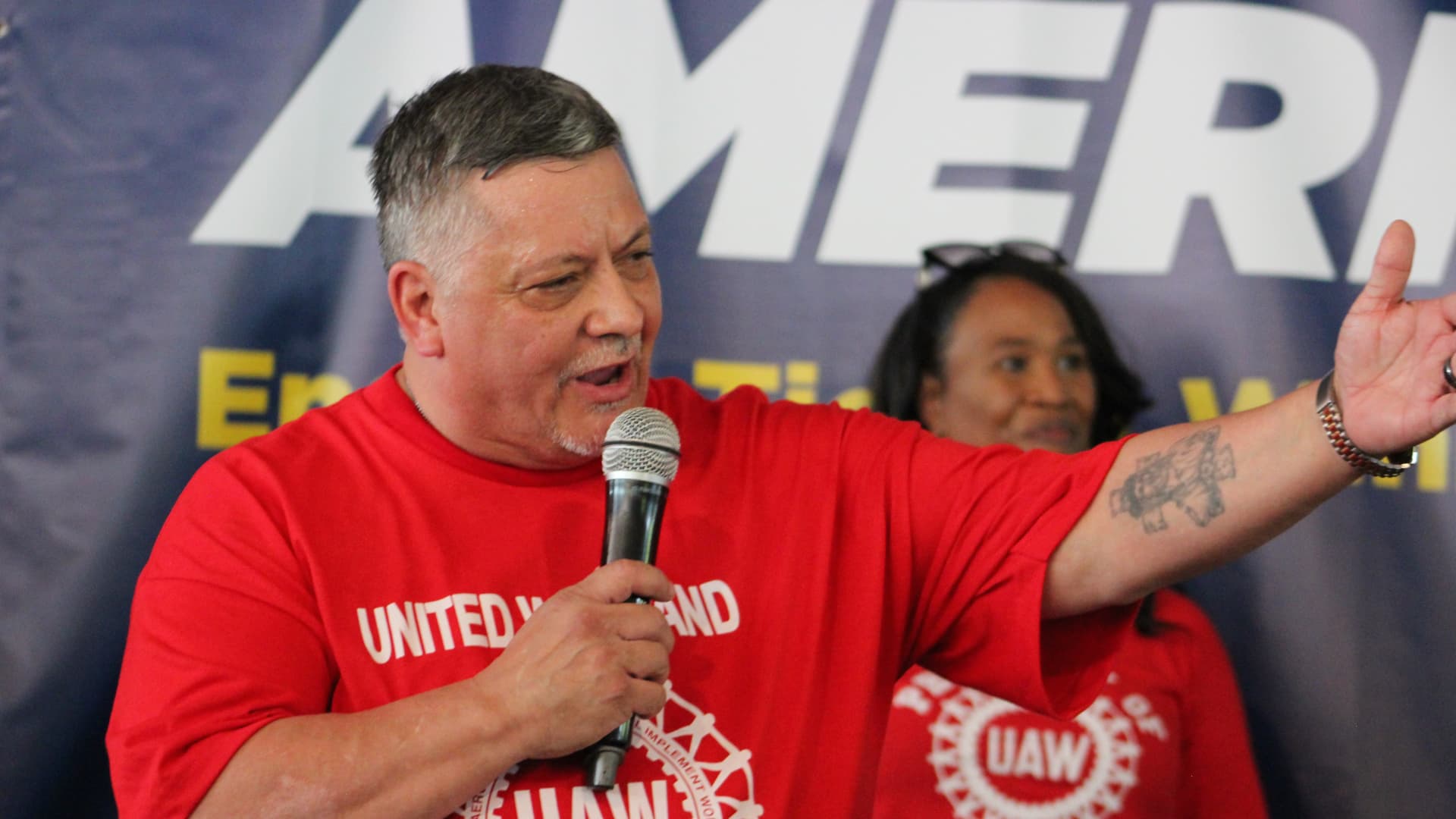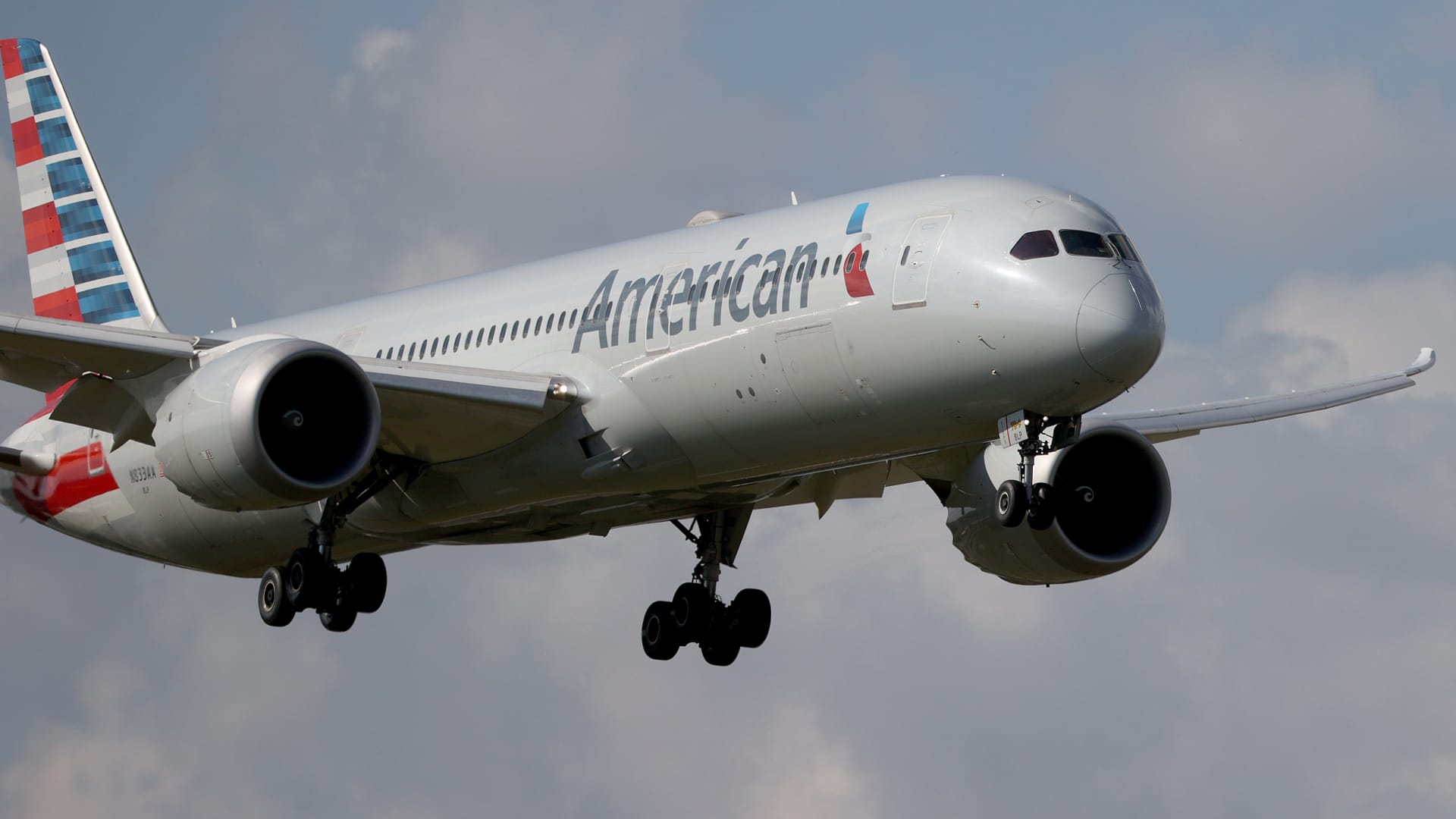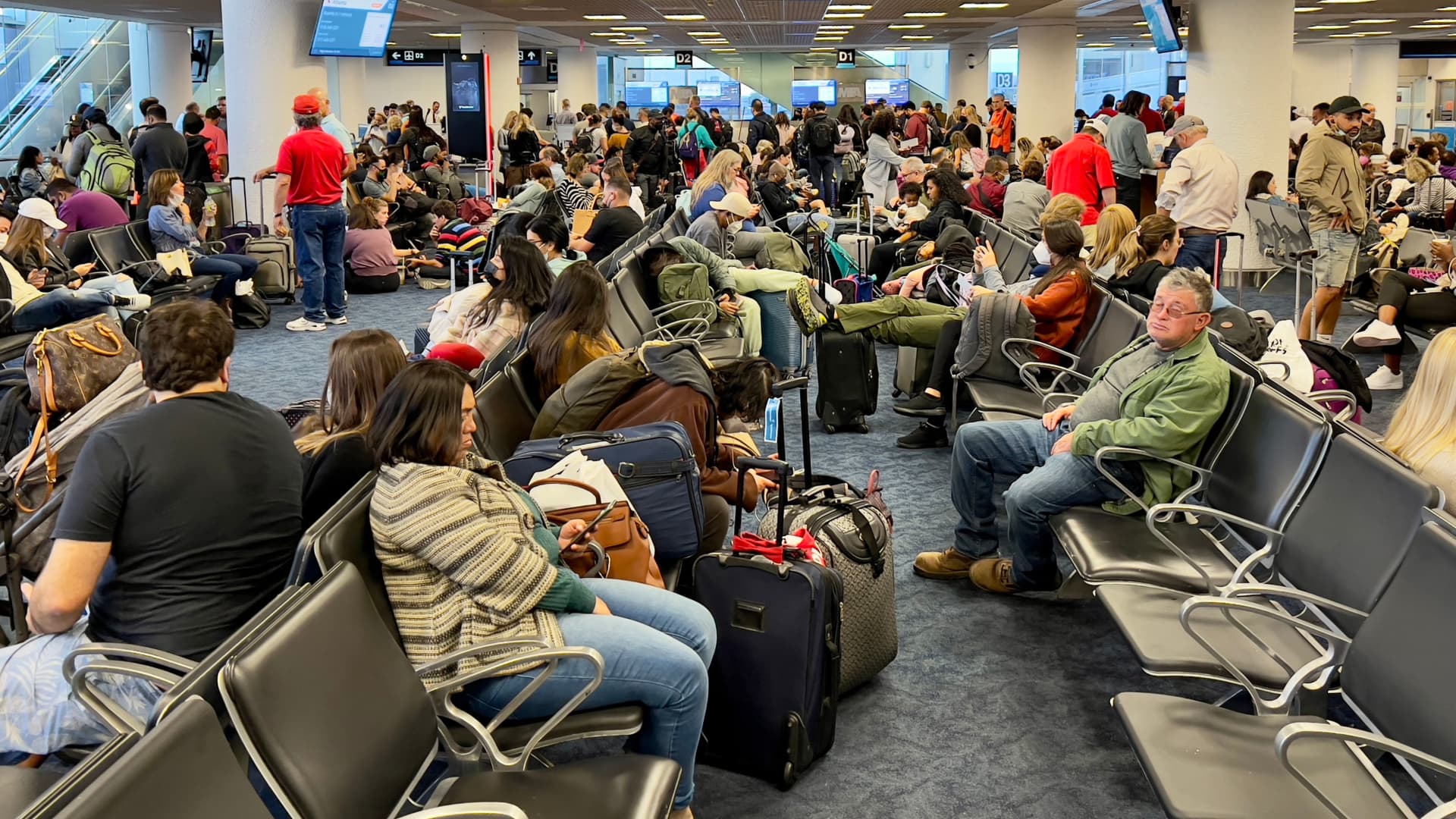US Markets
Sunday, August 20th, 2023 3:50 pm EDT

WARREN, Mich. – Automaker Stellantis has threatened to move production of the current Ram 1500 pickup truck from a factory in suburban Detroit to Mexico, a union leader said Sunday.
United Auto Workers Vice President Rich Boyer, who heads the union’s Stellantis unit, said the automaker has discussed the move during ongoing contract negotiations that are occurring simultaneously but separately between the UAW and General Motors, Stellantis and Ford Motor.
Boyer said the company’s plans would include producing a new all-electric Ram pickup truck at the Sterling Heights Assembly Plant, which currently produces most of the Ram light-duty pickups.
Such a move would likely receive some political pushback. It also would potentially impact the union’s membership, as EVs require fewer workers to produce them. There’s also no guarantee that an all-electric pickup would be as successful as the current internal combustion engine (ICE) model, meaning less job security for members.
Boyer, speaking to hundreds of union members during a “Sunday Solidarity” rally, didn’t hold back his displeasure about the potential plans, calling out Stellantis CEO Carlos Tavares for not caring about U.S. auto workers.
“He don’t give a s*** about the American auto worker,” Boyer said wearing a red UAW shirt with “UNITED WE STAND DIVIDED WE FALL.” “They have said they want to take the Ram 1500 ICE and send it to Mexico.”
Stellantis, which already produces some Ram pickups in Mexico, did not confirm nor deny the potential move, saying in a statement: “Product allocation for our U.S. plants will depend on the outcome of these negotiations as well as a plant’s ability to meet specific performance metrics including improving quality, reducing absenteeism and addressing overall cost.
“As these decisions are fluid and part of the discussions at the bargaining table, we will not comment further.”
UAW President Shawn Fain said he believes relocating the truck production would “be a huge mistake on the part of Stellantis to try it.”
“Those are our jobs and that’s our vehicle. We expect to keep that work,” he said.
Speaking with CNBC after the event, UAW’s Boyer described the ongoing negotiations with Stellantis as “slow and confrontational.”
Fain, who began leading the union earlier this year and has taken a more confrontational tone with the negotiations, said he would like to reach tentative agreements with the companies in the coming weeks ahead of the deals expiring at 11:59 p.m. ET, Sept. 14.
‘When Labor Day hits, we better have agreements. If we don’t, there’s going to be problems,” Fain said, declining to predict the likelihood of a strike against one or all three of the automakers. “We’re not married to anything right now.”
Fain earlier this month publicly threw a recent proposal from Stellantis into a trash bin during a Facebook Live event with members.
Contract talks between the union and automakers usually begin in earnest in July ahead of mid-September expirations of the previous four-year agreements. Typically, one of the three automakers is the lead, or target, company that the union selects to negotiate with first and the others extend their deadlines. However, Fain has said this year may be different, without going into specific details.
This post has been syndicated from a third-party source. View the original article here.




